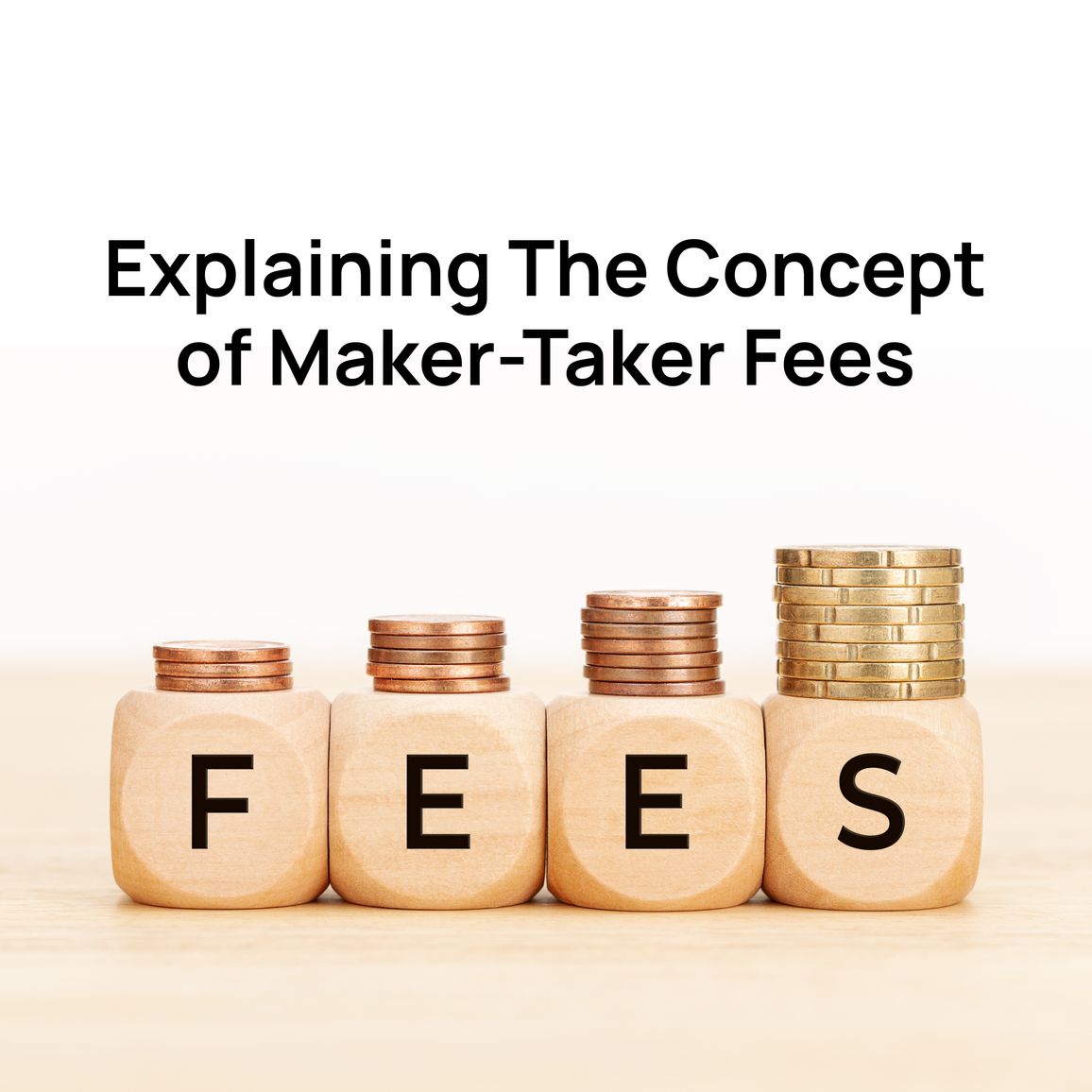Explaining The Concept of Maker-Taker Fees

In any thriving market, there are market makers and market takers. These two entities work together to create a functioning trading market. Market makers generate the buy or sell order for future fulfillment. An example is an order to buy 0.5 BTC when the price drops to $15,000. With this, you create ease for other traders to sell or buy BTC instantaneously.
Market takers are traders who buy or sell without queuing on the order book. There is almost no use for such an exchange in the absence of makers and takers. In this article, we’ll explore the concept of makers and takers.
Firstly, Let’s Talk about Liquidity
When an asset is said to be liquid, it means it is easy to sell such an asset for cash. Where this is not true, then the asset is illiquid. If you own some pieces of precious metal like gold or silver and have decided to trade some of them for cash, you could get multiple bidders for your item as gold and silver are liquid assets. Simply put, assets with hungry buyers are all liquid assets.
On the other hand, if you put a car or a house for sale, you may struggle to get a buyer for your item — the problem of individual preferences and cost may set in.
Liquid Market
In terms of the market, a liquid market is where you can buy or sell at a fair value. Buyers and sellers meet where the lowest sell order is the same as the highest buy order. The difference between the highest and lowest bids is called the bid-ask spread.
So, if the bid-ask spread is tight, the market is liquid. Consequently, illiquid markets have a much wider bid-ask spread. See an example of a liquid market in the screenshot below for the price of Ethereum on the Bit.com exchange platform.
Market Makers and Market Takers
Makers
You can think of market makers as those who put their inventory for sale in a mall for others to come and buy. Exchanges calculate the market value of an asset like bitcoin using the order book. An order book is a log where an exchange collects all buys and sells orders from its users.
You see an instruction from the screenshot above to buy 5 ETH at $1,500. This order goes into the order book and awaits fulfillment until the price of ETH reaches $1,500. Whenever you place an order into the order book, you’re a maker, notwithstanding the amount or size. The collection of multiple future executions makes up the order book, consequently, the market.
Takers
Takers may be large investment firms that buy or sell big blocks of stocks or hedge funds, making bets on short-term price movement. In cryptocurrency, they’re individuals or groups of independent buyers or sellers who instantly place and execute orders in an exchange.
When an item is up for sale, it awaits someone to purchase it. That someone is a taker. But, picking up a tin of cereal in a grocery store has no real-time effect on the price or security of the market. However, in a cryptocurrency exchange, market takers eat up the liquidity of that market.
If you’ve ever placed an order on any cryptocurrency exchange like Bit.com to trade any coin at the current market price, you’ve acted as a market taker. The summary is that you are a taker whenever you fill someone else’s order.
Maker-taker Fees
An exchange is like a grocery store that charges a fee to individuals to put goods on the shelves. Crypto exchanges generate much revenue via transaction fees for matching buyers to sellers and vice versa. But the price differs from one platform to another, depending on your trading size and role.
The maker-taker fee represents payment for order flow in an exchange. The fees are rebates to traders who provide liquidity and charges to customers who take from the market liquidity. The fee structure depends on the platform and order size.
Generally, market makers pay fewer fees since they add liquidity to the exchange. The presence of liquidity is what facilitates the trading activities on the platform. Conversely, takers pay higher trading fees than makers as they use up the liquidity makers provide.
Bit.com's Zero Taker fees offer
The fastest-growing cryptocurrency exchange platform, Bit.com, promotes crypto options trading in partnership with Paradigm. Bit.com is one of the leading cryptocurrency exchange platforms committed to crypto price discovery, liquidity, and the powering of structured products.
The promotion of crypto options trading by the bodies above is done by rolling out a Zero (0) taker fees offer. The offer runs from the 30th of March - to the 10th of May. For further information on enrolling in the Zero taker fees program, click here.

